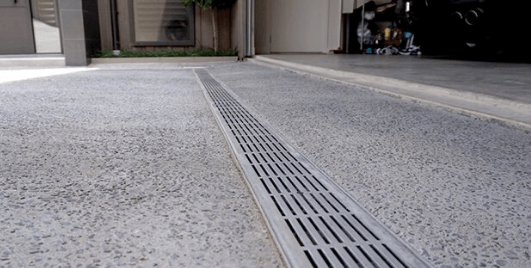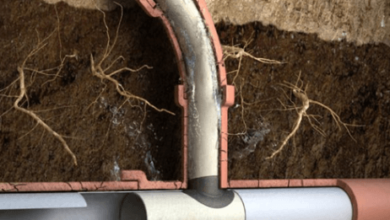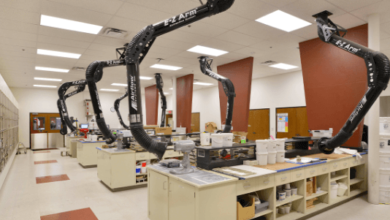All the Things You Need to Know About Polymer Concrete

Polymer concrete may be the perfect solution if you’re considering building a concrete structure. Its composite material makes it durable and safe and adheres to almost any surface. This material has a wide range of benefits, including affordability. Read on to learn more about this type of concrete.
As the name suggests, polymer concrete is a composite material. It is a polymer-based concrete made from various kinds of aggregates. The proportion of polymer varies from 12% to 14% by weight. The resin content can also vary, but typically it is between 12% and 14%. It can be made with varying amounts of glass or steel, depending on the desired strength and durability.
The filler may be sand, crushed stone, gravel, limestone, chalk, expanded glass, or granite. Metallic fillers include condensed silica fume, granite, quartz, and limestone. The binder system may vary depending on the polymer concrete’s application, temperature, and maximum strength.
Polymer concrete has high tensile strength.
It has several applications, including covering bridges and sports arenas. You can use it for floor coverings in stores, factories, and laboratories. Its high tensile strength makes it an excellent replacement for steel, wood, and other materials. In addition, it has excellent vibration dampening properties. The properties of polymer concrete largely depend on the type of resin and polymer used, as well as the type of aggregate used.
Polymer concrete exhibits high tensile strength and is an excellent alternative to Portland cement concrete. In general, polymer concrete possesses a compressive strength ranging from 70 to 120 MPa. In addition to tensile strength, it has good plasticity and resistance to blue salt solutions and ice-melt phenomena. It also exhibits flexural strength and toughness.
Polymer concrete has good adhesion to most surfaces.
Its excellent adhesion to most surfaces is due to the impregnation of the monomer. The best polymer content is 12 to 14%. The majority of the concrete is composed of very fine aggregates. The best polymer concrete resins have good abrasion and water resistance and are most cost-effective for thick overlays.
Polymer concrete is cost-effective.
The rising construction activities in emerging economies are boosting the demand for polymer concrete. Due to the ongoing infrastructure projects, the demand for this material will further increase in the coming years. However, high polymer prices may hamper the growth of the industry. On the other hand, the growing building and construction activities expect to fuel the market by 2025.
This material is made of vinyl monomers such as methacrylate and styrene and contains suitable moisture features. Its price, reactivity, and low viscosity make it an excellent choice for construction.
It also increases structural strength and reduces the material’s permeability to blue salt solutions and water. It is also environmentally friendly and has no adverse effects on the environment. As the materials used in polymer concrete differ from traditional concrete, the process of mixing the material is slightly different. They use the different types of polymers.
Final Words
Polymer concrete is a type of material that offers various benefits to pump station owners. It is durable and resistant to multiple chemicals, corrosive conditions, temperature, and wear and tear. The materials are also free of coatings and liners, making them environmentally friendly. A polymer concrete pump station can last for 50 years or more.




